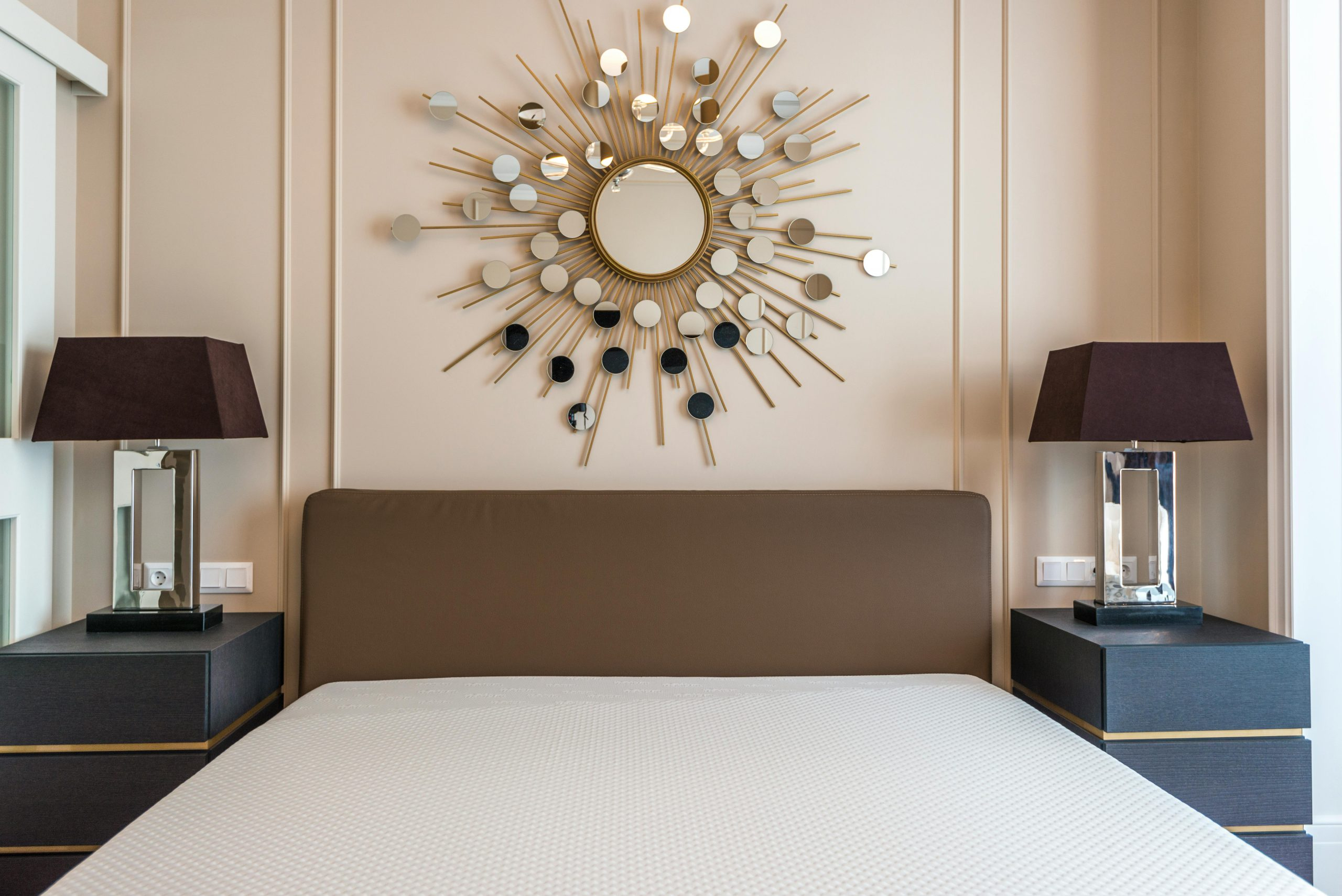Hotel Design Trends Shaping Future Hospitality Industry
The hospitality industry is constantly evolving, and one of the key factors that drives its growth is hotel design. The way hotels are designed and constructed has a significant impact on the guest experience and plays a crucial role in shaping the future of the industry. Every year, new trends emerge in hotel design that not only enhance the aesthetics but also improve the functionality and sustainability of these spaces. In this article, we will explore the latest hotel design trends that are shaping the future of the hospitality industry.
The Rise of Eco-Friendly Designs
With growing concerns about climate change and sustainability, hotels are increasingly incorporating eco-friendly designs into their properties. From using sustainable materials like bamboo and recycled plastic to implementing energy and water-saving systems, hotel designs are becoming more environmentally conscious. This trend not only appeals to eco-conscious travelers but also reduces operating costs for hoteliers.
Biophilic Design for a More Natural Experience
Biophilic design, which focuses on incorporating natural elements into the built environment, is gaining popularity in the hospitality industry. From living walls of plants and natural light sources to outdoor spaces and water features, these designs bring the outdoors inside and create a closer connection with nature. Biophilic designs have been proven to reduce stress, improve well-being, and enhance the overall guest experience.
Smart Technologies for a More Seamless Experience
In today’s digital age, hotels are increasingly leveraging technology to enhance the guest experience. From digital check-ins to voice-activated room controls and virtual concierge services, these smart technologies make the stay more convenient and seamless for guests. By embracing these advancements, hotels can also improve their operational efficiency and better track guest preferences and behaviors.
The Impact of COVID-19 on Hotel Design
The ongoing COVID-19 pandemic has brought about significant changes in hotel design to ensure the safety and well-being of guests. Many hotels have implemented contactless technologies, such as mobile check-ins and keyless room entry, to minimize physical touchpoints. Moreover, social distancing measures have led to changes in space planning and furniture arrangements in common areas and dining outlets.
A Focus on Well-Being and Health
The pandemic has also led to a heightened focus on well-being and health in hotel design. From improved ventilation systems and use of anti-microbial materials to designated fitness and wellness spaces, hotels are prioritizing the health of their guests. Some properties have even started offering wellness programs and health-centric room amenities, such as air purifiers and aromatherapy diffusers.
Flexibility and Adaptability for Changing Demands
The pandemic has also highlighted the need for flexibility and adaptability in hotel design. As regulations and guidelines continue to evolve, hotels must have the ability to adjust their designs and operations accordingly. This has led to a rise in modular and multi-functional spaces that can easily be transformed to meet different demands, such as hosting hybrid events or accommodating work-from-hotel guests.
The Future of Hotel Design
As the hospitality industry evolves, hotel design will continue to play a crucial role in shaping its future. With a focus on sustainability, wellness, and technology, the future of hotel design will be driven by the changing demands and preferences of travelers. Furthermore, as the world becomes more interconnected, hotel designs will also need to cater to a diverse range of cultures and lifestyles to cater to an increasingly globalized customer base.
Innovation and Creativity for a Memorable Guest Experience
Ultimately, hotel design is all about creating a memorable and enjoyable experience for guests. This requires constant innovation and creativity to stay ahead of the competition and exceed guest expectations. As travelers become more discerning, hoteliers must continuously evolve their designs and offerings to remain relevant in the ever-changing hospitality industry.
In conclusion, hotel design trends are continuously shaping the future of the hospitality industry. With a focus on sustainability, wellness, technology, and adaptability, these designs are enhancing the guest experience and driving the growth of the industry. As we move towards a more interconnected and diverse world, hotel design will continue to evolve to meet the changing demands and preferences of travelers.











